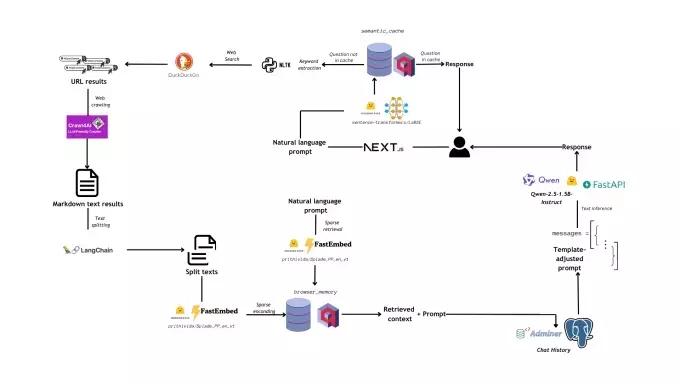




This week marked a pivotal moment in the realm of artificial intelligence, with significant policy changes from the Biden administration and notable advancements in AI technology. The White House introduced stringent export controls on AI chips, sparking controversy among tech giants like Nvidia. Concurrently, an executive order was issued to allocate federal land for AI data centers. However, with President Trump set to take office in January, the future of these policies remains uncertain. Meanwhile, various AI companies unveiled new features and research, highlighting ongoing innovation in the field.
Biden's AI Policies Face Uncertain Future Under Trump Administration
In the waning days of the Biden presidency, two major decisions were made that could significantly impact the AI industry. On Monday, the administration announced strict regulations on exporting AI chips, a move that has drawn criticism from tech leaders who argue it could stifle innovation and harm businesses. Just a day later, an executive order was issued to open up federal land for AI data centers, aiming to facilitate the expansion of AI infrastructure.
The timing of these announcements is crucial, as President Trump will assume office in less than three months. While Trump has not explicitly stated his stance on these policies, he has the authority to reverse or modify them. Some speculate that aspects targeting China may remain intact, given Trump's previously expressed views on the nation's role in AI development. Conversely, other elements, such as Israel's inclusion in trade restrictions, might be altered due to Trump's strong support for the country.
The 120-day comment period for the export rules provides some buffer time, but the incoming administration will have considerable flexibility in shaping their implementation. This uncertainty leaves many in the tech community waiting with bated breath to see how the landscape will evolve.
From a broader perspective, this week's events underscore the volatile nature of AI policy. As governments grapple with balancing innovation and regulation, the future of AI development hangs in the balance. For stakeholders in the industry, adaptability and vigilance will be key as they navigate these shifting tides.
New Features and Research Highlight Ongoing Innovation in AI
Beyond policy shifts, this week also saw several technological advancements. OpenAI rolled out a beta feature called Tasks, allowing paying users of ChatGPT to schedule reminders and recurring requests. Meta's AI team intensified efforts to compete with OpenAI's GPT-4 model by developing its Llama 3 family of models, revealing a fierce rivalry between tech giants.
OpenAI also expanded its board, appointing Adebayo "Bayo" Ogunlesi from BlackRock, signaling a shift in leadership dynamics. Meanwhile, Blaize, an AI chip startup, became the first of its kind to go public in 2025, raising $335 million from investors including Samsung. This milestone reflects growing investor confidence in AI hardware.
Research-wise, a study co-authored by Dan Hendrycks explored the correlation between AI safety benchmarks and system capabilities. The findings suggest that as AI performance improves, so do safety scores, raising questions about the true effectiveness of current benchmarks. Researchers propose developing more meaningful metrics to advance AI safety evaluations.
Innovations in AI methods continue to emerge, with Japanese company Sakana AI unveiling Transformer², an adaptable AI system that dynamically adjusts to new tasks. This development offers a glimpse into a future where AI models are no longer static, showcasing the potential for greater flexibility and efficiency.
Lastly, a small developer team released PrAIvateSearch, an open-source alternative to AI-powered search engines. Leveraging openly available models and services, this project aims to provide a private and local search experience, emphasizing transparency and user control.
In summary, this week's developments highlight both the challenges and opportunities within the AI sector. As policies and technologies continue to evolve, staying informed and adaptable will be essential for all involved.
